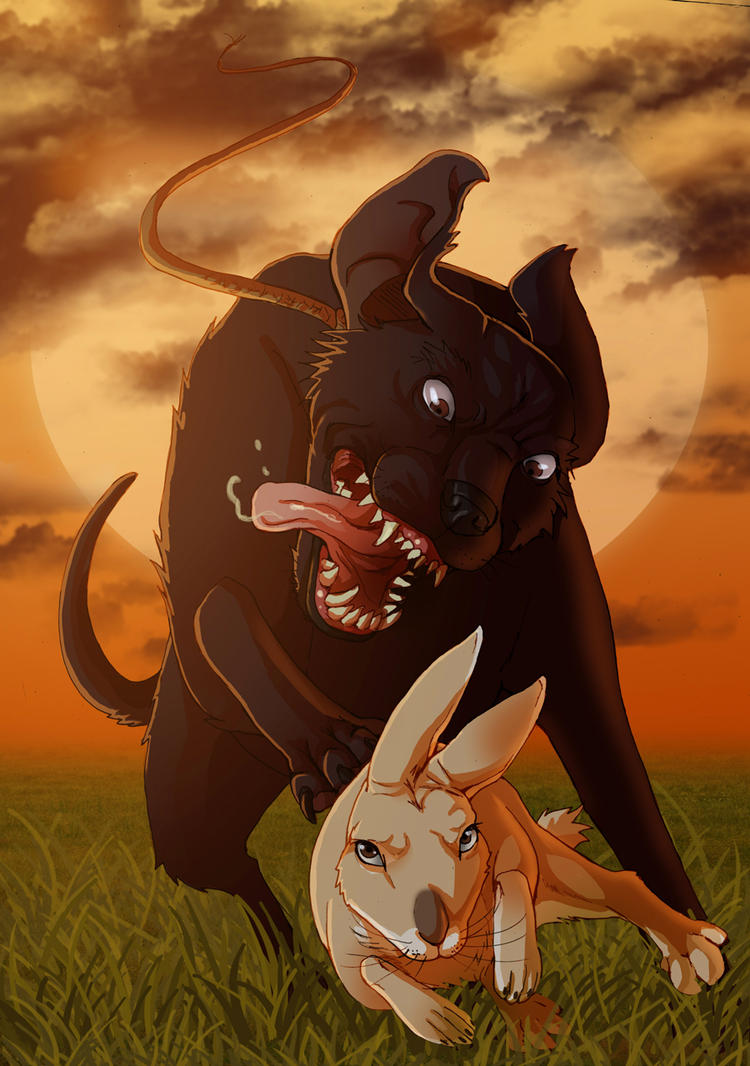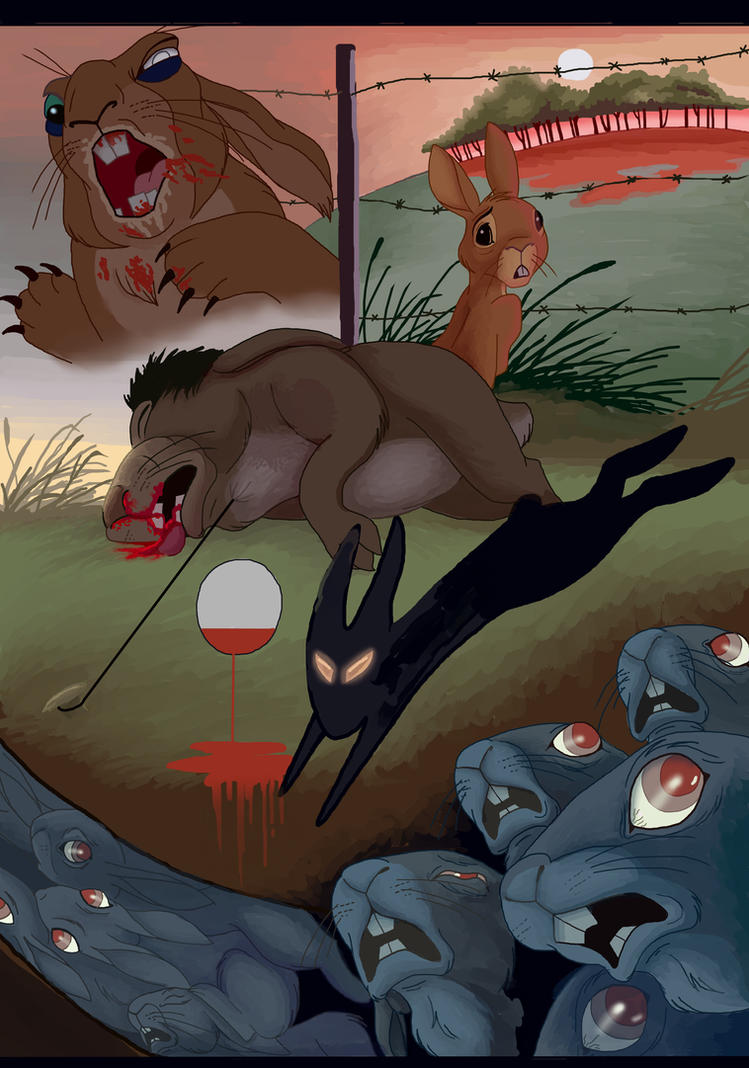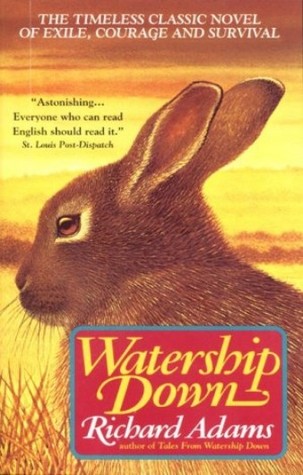
I've always been curious about the book and, for reasons unknowable to me, I just recently got around to picking it up. Based on my memories of the film version, I was expecting Game of Thrones with rabbits. I was expecting a relentless parade of death and despair. This isn't what I got. Yes, this is a mature book, and it is realistic and honest about the rabbit's place in the world, and it certainly doesn't shy away from the realities of their place in the food chain. But I was expecting crushing tragedy after crushing tragedy, and what I got was a much more balanced depiction of the rabbit's life.

I wasn't disappointed that my expectations didn't match this book's contents.

This was a slower read for me. But this, I have to admit can be, at least in part, attributed to the circumstances surrounding my reading of the book. I was extremely busy while reading this, and the only time I had to read was just before bed. The book didn't keep me up. I was out in under fifteen minutes almost every night (after the old Kindle slapped me in the face multiple times as I nodded off). But, structurally, it didn't feel like a novel. It felt like a collection of interconnected stories (or a fix-up) until about the halfway mark, when we're, at long last, introduced to the book's central conflict. Another aspect of the book that slowed it down for me was the stories within the story about rabbit folklore. These stories, in themselves, I found entertaining, but they did kill the momentum for me every time.

Overall, I enjoyed this book a great deal, and I think it will be one that will stick in my memory for years to come. It's a rich book with a layered narrative. There are beautiful passages sprinkled throughout. An obvious respect for nature and a passion for nature's beauty serves as a nice contrast to the harrowing events of the story. The narrative is at first biblical in tone, then dystopian. It veers suddenly into a heist story, returns again to dystopian mode, and finally settles into a tale of all-out resource war. Sprinkled between all of these shifts in narrative structure, there are stories within the main story, stories told between rabbits: their creation myths, tall tales of their legendary heroes, stories of what lies beyond death and the Black Rabbit who is waiting there to greet all rabbits when they stop running.

I'd certainly recommend this book. However, know that this is one to be sipped, not gulped.

I saw the movie as a college freshman in, errrmmm, an altered state of consciousness. I don't think I remember any of it except the ear-tearing scene. The book suited my 14-year-old self beautifully and I've left the memory alone. Dunno how my adult self would respond to the shifts and chops....
ReplyDeleteI wouldn't have wanted to see this one while, emmmm, in an altered state.
DeleteI loved this book, read it when it first came out, and would re-read it for a few years afterwards. I'd forgotten all about it and was pleased to be reminded in parts of your review. You're right, it was beautifully written, and I actually loved that rabbit folklore -- maybe what we would call nowadays world building? It was also partly a political allegory, with our band of rabbits visiting a decadent warren/society and a totalitarian communist warren, and there were some thoughts in the narrative about the social psychology of these places. I think I remember that was shaped by mainstream Cold War politics. Anyway, thanks for reminding me.
ReplyDelete